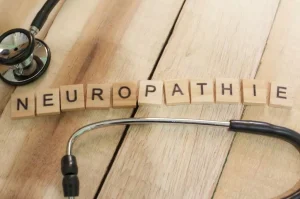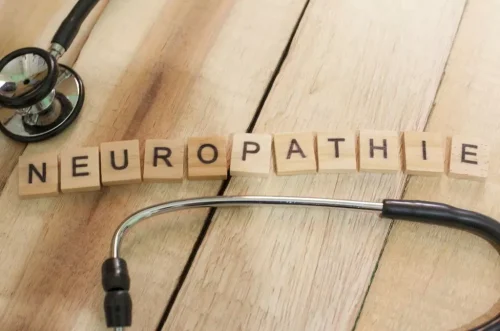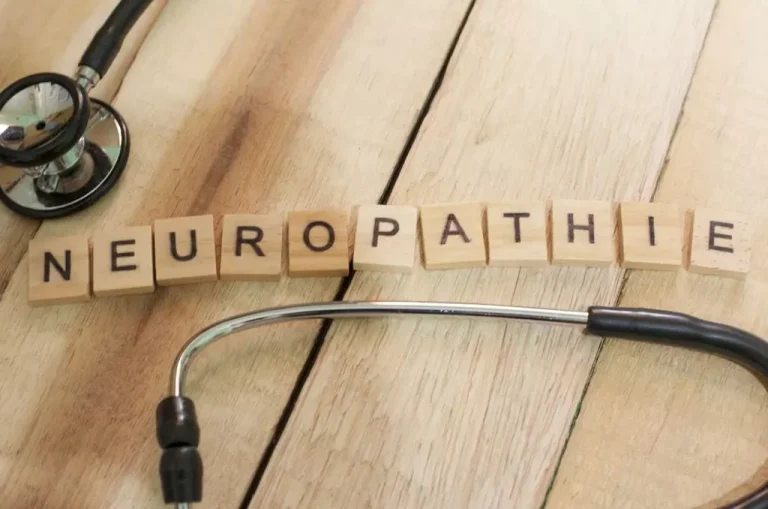
Like the CDC in the United States, the NHS in the United Kingdom says that if you’re pregnant or planning to become pregnant, avoid alcohol. At the very top of its alcohol and pregnancy information sheet — and in bold type, no less — the Centers for Disease Control and Prevention (CDC) advises that women who are trying to become pregnant or could be pregnant shouldn’t drink. And if you’re concerned that you are drinking too much and feel that you cannot stop — during your pregnancy or at any other time — talk with your doctor. It’s also difficult to predict the impact of drinking on any given pregnancy because some women have higher levels of the enzyme that breaks down alcohol. Here’s what doctors say pregnant women should keep in mind when deciding whether to drink lightly or to steer clear of alcohol altogether.

Alcohol and Pregnancy: Is ‘A Little Bit’ Safe?
- The new study reveals for the first time that the harmful effects of alcohol on fetal development aren’t directly attributable to placental abnormalities.
- If it is hard for you to stop drinking, talk with your healthcare provider about getting help.
- At the very top of its alcohol and pregnancy information sheet — and in bold type, no less — the Centers for Disease Control and Prevention (CDC) advises that women who are trying to become pregnant or could be pregnant shouldn’t drink.
- The young embryo may survive this exposure, but brain development may be altered to varying degrees, they’ve found.
To prevent fetal alcohol syndrome, don’t drink alcohol during pregnancy. If you are pregnant and can’t stop drinking alcohol, ask your obstetrician, primary care doctor or other healthcare professional for help. A social worker can direct you to community programs that offer help, for example, Alcoholics Anonymous. There is no amount of alcohol that’s known to be safe to drink during pregnancy.

Symptoms
It may not be as difficult as you think to avoid alcohol completely during pregnancy. Drinking in pregnancy can lead to long-term harm to the baby, with the more you drink, the greater the risk. This software, supported by CDC’s National Center for Chronic Disease Prevention and Health Promotion, generates estimates of alcohol-related deaths and Years of Potential Life Lost (YPLL) due to alcohol consumption. This telephone survey tracks national and state-specific health risk behaviors of adults, aged 18 years and older, in the United States. The BRFSS is administered and supported by the National Center for Chronic Disease Prevention and Health Promotion, CDC.

What’s the difference between fetal alcohol syndrome (FAS) and fetal alcohol spectrum disorders (FASDs)?
If you drink during pregnancy, you place your baby at risk of fetal alcohol syndrome. According to the Royal College of Obstetricians & Gynaecologists, if a person drinks before they know they are pregnant, the risk to the fetus is generally small. However, the organization also recommends discussing this with a healthcare professional and stopping drinking.

Physical development issues
Some doctors recommend that you completely avoid alcohol when you’re expecting; others say that occasional light drinking is unlikely to harm your baby. There isn’t a direct test for FAS and pregnant people may not give a complete history of all alcohol intake during pregnancy. There is no known safe limit when it comes to alcohol consumption during pregnancy (or whether that limit would be different in different women).
- In fact, it’s one of the most common concerns brought to the first prenatal visit.
- It offers current information and opinions related to women’s health.
- A glass of wine, a can of beer, and a shot of liquor all have about the same amount of alcohol.
- Fetal alcohol syndrome isn’t curable, and the symptoms will impact your child throughout life.
To reduce the risk of miscarriage, women who are trying to conceive should consider avoiding alcohol. For those unwilling to do that or those with an unplanned pregnancy, stopping drinking as soon as a pregnancy test is positive may improve the likelihood of successful outcomes. We know drinking heavily during pregnancy is not safe for the baby. We are less sure about the risks of low to moderate drinking, and until we have better information, it’s understandable that health organizations and providers would advise complete abstinence from alcohol.
Alcohol during pregnancy: Is it safe?
The authors noted, however, that it’s possible that developmental problems linked to maternal drinking could emerge later in childhood. They are planning a follow-up study to monitor the children as they grow older. Any amount of alcohol during pregnancy can cause fetal alcohol syndrome.
Alcohol use during pregnancy causes life-long issues that can be very alcohol during pregnancy serious. If you’ve consumed alcohol during pregnancy, talk to your healthcare provider. It’s important to make an early diagnosis of fetal alcohol syndrome.
- Drinking in pregnancy can lead to long-term harm to the baby, with the more you drink, the greater the risk.
- Our findings must be considered in the context of several limitations.
- The most important thing is that you have completely stopped alcohol use after learning of your pregnancy.
- Second, children’s brains are still developing at age 5, and the full effects that alcohol may have had on them may not yet be measurable.
- There is no specific medication approved for the treatment of FASD but there are different types of medications that can alleviate FASD symptoms including stimulants, antidepressants, neuroleptics, and anxiolytics.
- Early identification can maximize help in the treatment of FASD and in building supportive networks with other individuals and families impacted by FASD.
NEUROBEHAVIORAL DISORDER ASSOCIATED WITH PRENATAL ALCOHOL EXPOSURE (ND-PAE)
First off, take a deep breath and let go of any guilt or shame that you feel about the past. Next, continue reading to learn what the side effects can be — and most importantly, what you can do to ensure good health for you and your baby moving forward. Ultimately, it’s up to each mom-to-be to consult with their doctor and decide if they’ll have the occasional small drink. Those who opt to give up alcohol may miss unwinding with a cocktail, but Archie thinks they won’t regret being cautious. One might confide that they enjoyed the occasional beer during their pregnancy and feels their child turned out fine, while another sees this as taking an unnecessary risk. If you have difficulty stopping drinking, talk to a midwife, doctor or pharmacist.
